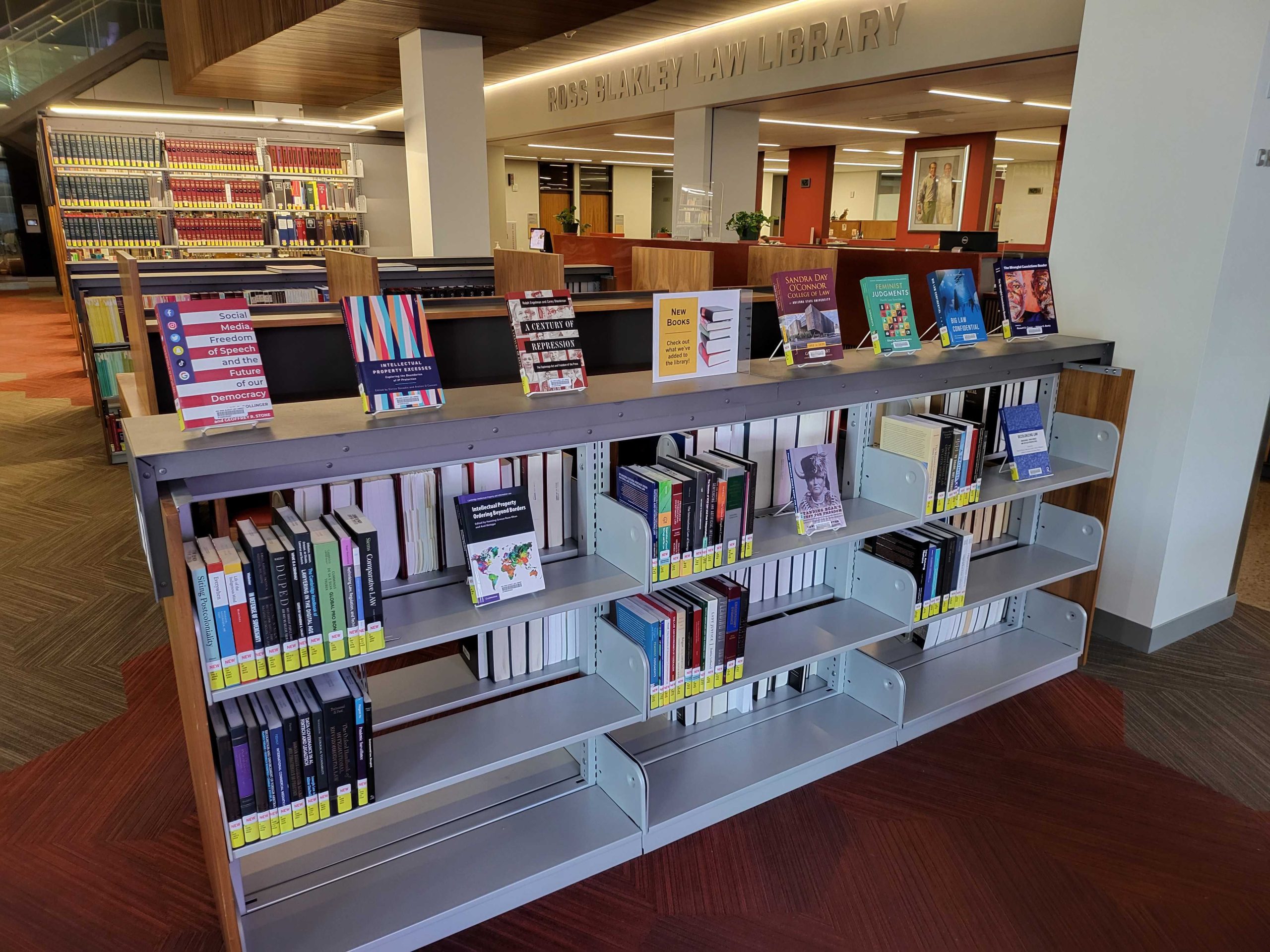
For the academic researcher working on a law review article, book, or graduate writing requirement, traditional, academic sources continue to have advantages over websites. Namely, they offer more reliable, complete, and professionally vetted information that can be and often is superior to more convenient Internet resources. (please see reference at the end of this post)
The Internet is unquestionably an important tool for all legal researchers and all academics. Yet, for all its benefits in bringing forth up to date, widely accessible information, it can and does lead writers astray. False information can flourish online, and researchers might struggle to identify questionable resources. Websites can change or disappear, even in an age of permalinks and Internet archives. And, perhaps most importantly, experts who publish academic books and articles have a depth of expertise and a level of detailed knowledge that popular Internet pages cannot match.
The reference librarians at the Ross-Blakley Law Library are specialists in finding these academic materials written by experts. We understand the allure of using reading accessible Internet information. We even can point you toward more reliable Internet resources (.edu and .gov websites) and away from more suspect resources (Wikipedia and purveyors of “fake news”). We also understand that overreliance on suspect materials can make your grade and your publication chances suffer.
We cannot do your research for you, but we can show you the way. The Law Library offers a series of specialized legal databases that can help you ensure that your article is reliable. We can also help you navigate the vast array of interdisciplinary databases that ASU Library offers to elevate suspect footnotes in your research. And yes, sometimes dusty old books (or dust free digital ebooks) will give your paper more credibility and authority.
We can help you at every stage of your research process, from choosing a paper topic to beginning your legal research, upgrading the sources you cite, and formatting your citations in conformity with the Bluebook. If you’re noticing too many .coms and .orgs in your citations, Meet with a Librarian to learn where to find information that your academic audience can trust.
[1] See, e.g., Carrie W. Teitcher, Rebooting the Approach to Teaching Research: Embracing the Computer Age, 88 L. Libr. J. 555 (2007).
Andrea Gass, Reference Librarian



